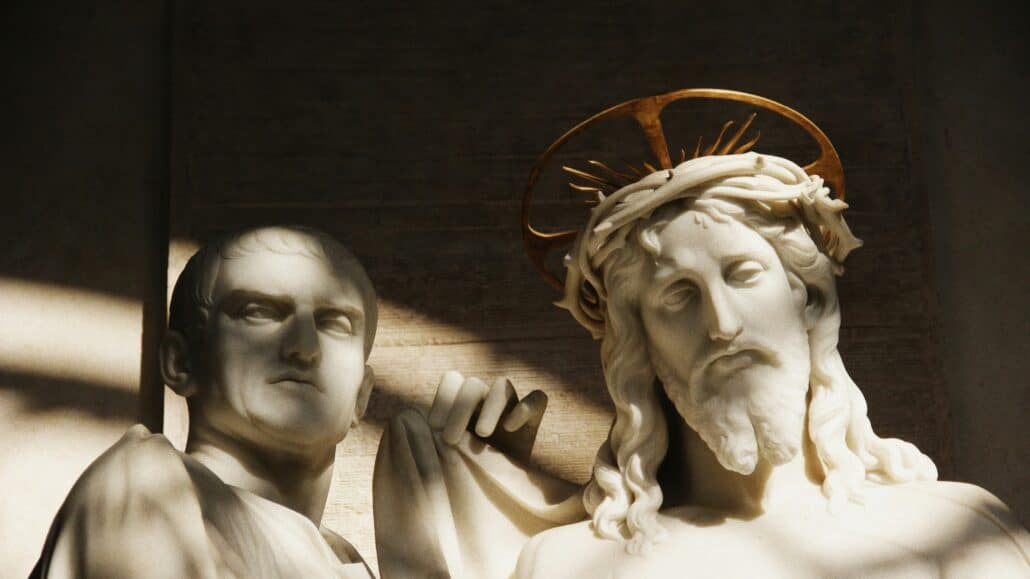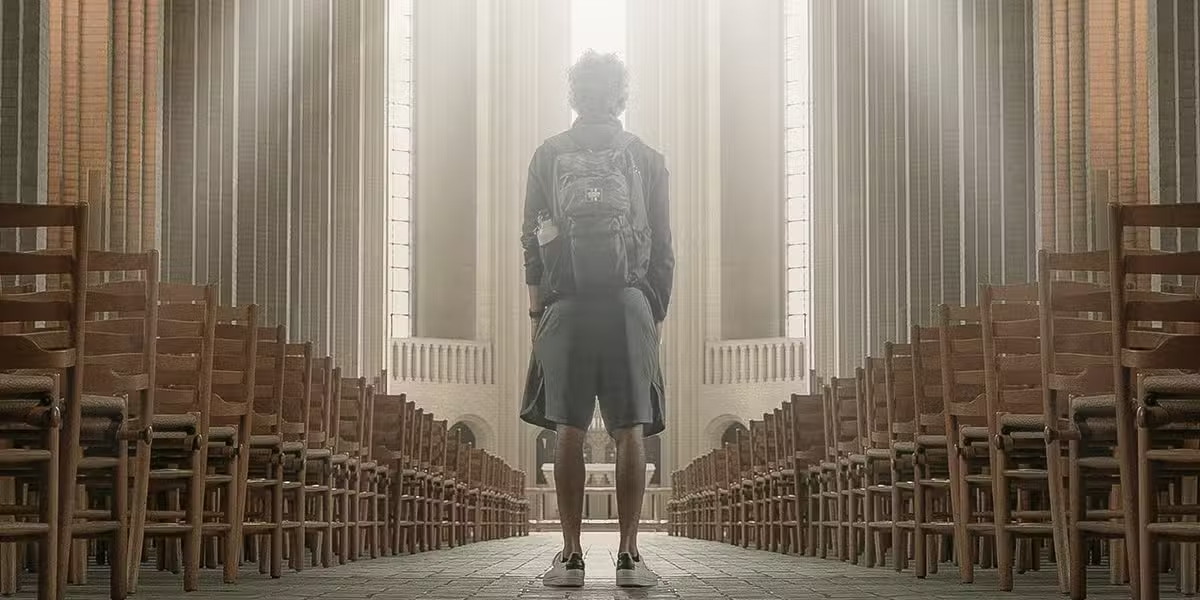One of the sure signs of maturity occurs when a young person begins to be accountable for his or her acts and decisions. Excuses such as “I just forgot, Mom” are heard much less often. It’s one of the nicest presents a young person can give his or her parents. In fact, it is a basic belief of Christianity that, for all our wounded nature, we are still responsible for what we do. How much we are responsible will depend on circumstances, of course.
Jesus wanted his disciples to be very much aware of that in their own lives. “Those to whom more is given, more is required” (Lk 12:48). And Jesus reminded his listeners that no one really knows when that final accountability will occur. It could come “like a thief in the night” (Mt 24:36). No one will escape it.
If those warnings are given to all, even to ordinary persons, it applies particularly to those who have great power during their time on earth. Given the 24/7 cable television news cycle with nearly instant worldwide coverage, we are stunned by the immense power some men have in our world—political and financial power brokers, dictators ruling their countries in cruel and heinous ways, all those who dominate and terrorize the weak and helpless. Of course, power comes in many forms. It can come from wealth that is ill-gotten and that is stolen from the weak and the defenseless. It can come from religious power, from cults, and even from the power of the human personality.
It has been said that, next to drugs, power is the most addictive element that can take over the human heart. But, like drugs, power can and does debilitate a person’s ability to see straight, let alone judge one’s own actions.
Jesus before Pilate
We see a startling example of such power and blindness in the scene of Jesus standing before the Roman procurator, Pontius Pilate. Jesus had been beaten and scourged and stood in silence. In frustration, Pilate asks Jesus, “Don’t you know I have power to release you and I have power to crucify you?” Pilate thought he was a god, but in reality he was a weakling. Pilate sat in judgment over Jesus, who is the very Word and Son of God. Jesus looked at him and said, “You would have no power over me unless it had been given to you from above” (Jn 19:10ff). No human being is created superior to another. No man has power unto himself; it is only on loan. In truth, Pilate was powerless in himself; he crumbled under the cries of the mob and condemned Jesus, whom he knew was an innocent man.
In 1961, Hollywood produced an Academy Award winning film entitled Judgment at Nuremberg, starring Spencer Tracy, Richard Widmark, Judy Garland and Marlene Dietrich. In one powerful scene, Spencer Tracy, who plays the chief justice over the whole tribunal, went to the cell of a former Nazi judge (played by Burt Lancaster). This judge, during a span of eight years, had condemned hundreds of innocent men and women to the concentration camps and to certain death. The judge, shocked by what he finally realized he had done, said he was sorry. He murmured, “But I had no idea that it would become so bad, so terrible.” And Spencer Tracy looked him in the eye and replied quietly but firmly, “When you condemned the first innocent man to death, you were guilty.”
Power over the life and death of others can make a man feel immortal, almost untouchable. He thinks that he cannot be stopped because no one can dare challenge him without suffering mortal consequences. And yet history tells us that such power can end in a moment, with a heart attack, a rebellion or a single bullet. In our own 20th century, the faces of Hitler, Stalin, Mao Zedong and countless drug warlords provide sad examples of what can rightly be described as power failures. History is full of them. And where are they now?
Then, of course, we have God, Lord and creator of the universe, who becomes flesh and walks on this earth. How does our powerful God become so humble and so much a servant? We stand back in awe and see Jesus wash his disciples’ feet just hours before they will run from him when their own safety is at stake. Jesus was the friend of those who were powerless, those who had nothing. And he died on a cross when he could have called down legions of angels to come to his rescue. But rather than curse and crush those who mocked him, he forgave them.
So the real question is, Who actually has more power: one who hurts another or one who helps another? All through history, we see that the strongest and most powerful people were often those who apparently had nothing going for them—except the truth and a realization of the good they could do. It is the truth that sets a person free; brute power, paradoxically, is paralyzing and blinding.
Look at an example closer to home for most people. Parents have power over their children. Yet, day in and day out, we see that the powerful parent serves the child, who is so powerless that he cannot care for himself. Understandably, a child cannot comprehend what it means to give one’s life for another. But, in a moment, parents will willingly die that their child might live. In this very human context, then, we see an example of the powerful one dying for the weak one.
Power of a King Rightly Used
There is a Franciscan saint who had great power in his life: St. Louis, king of France (1214-1270). Along with St. Elizabeth of Hungary, he is the patron of the Secular Franciscan Order. In his last testament to his son who would succeed him as king of France, he wrote these remarkable words: “Son, be kindly disposed toward the poor, the wretched and the afflicted. Help them as much as you can. Be just toward your subjects; in matters of justice, adhere to the line, departing neither to the right nor the left. Incline to the poor man’s side rather than to the rich man’s, until you are certain where the truth lies. Take care that all your subjects are safeguarded in justice and peace.”
If we look with open eyes, we may see countless paradoxes in which people and events appear exactly opposite of what they really are. Some of the world’s strongest, most powerful people are indeed the weakest and most nearsighted. And some of those who seem the weakest and most fragile are indeed the strongest and most powerful. It is power that comes from their hearts, rather than from what or whom they control.
The most compelling example of this, of course, is that of Jesus on the Cross. Would anyone deny that, in those horrible moments of suffering, he was indeed the strongest person on Mt. Calvary? And we would surely say the same of his dear mother, Mary. We who follow their example have a sure way to avoid power failures!








